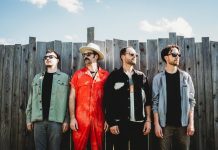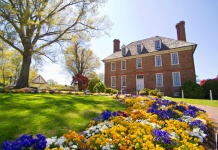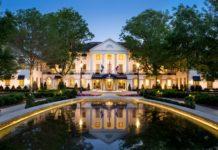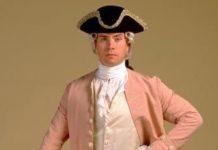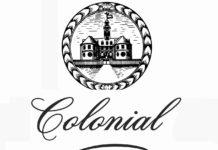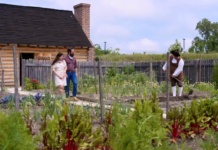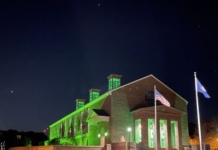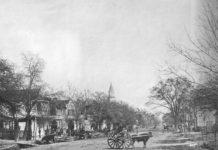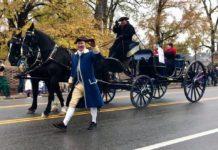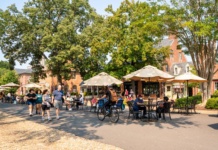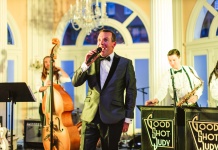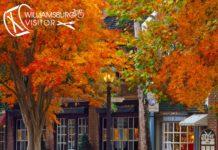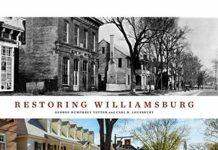Inside Access: A recent report on 13 News Now said that, at Colonial Williamsburg, human and animal employees work together to keep the past alive.
Ferriers work with large animals such as horses, oxen, cattle and steers to care for their hooves. The Coach and Stables staff, work with the animals to train them to guide carts and carriages.
Colonial Williamsburg’s Rare Breeds program was begun in 1986 to preserve genetic diversity in livestock. Some of the selected breeds represent animals that could have been present in Williamsburg during the 18th century according to historical research. The program complements Colonial Williamsburg’s living history interpretation by portraying another aspect of daily life in colonial Virginia.
Colonial Williamsburg has more than 150 animals, including horses, Devon cattle, shorthorn oxen, longwool sheep, plus chickens and more. Many of the selected breeds represent animals that were likely to have been available in the 18th century.
In April 2019, Colonial Williamsburg’s horses Fudge and Lord Brigadoon announced the arrival of Valiant, the first foal born to the Coach and Livestock Rare Breeds Program in nearly 16 years. In 2018 Sara Jean, a Milking Shorthorn calf was born.
Milking Shorthorn oxen have been a part of the Rare Breeds Program for years, however Sara Jean, named for the veterinarian and veterinarian technician who delivered her, represented the beginning of the Milking Shorthorn breeding program. “Our first goal is to breed our own oxen,” explains Paul Bennett, Director of Coach & Livestock. “Our long-term goal is to build a program that allows us to also provide Milking Shorthorns to other living history sites. When Sara Jean grows up, she’ll be helping us ensure the survival of this important breed by raising calves of her own.”
